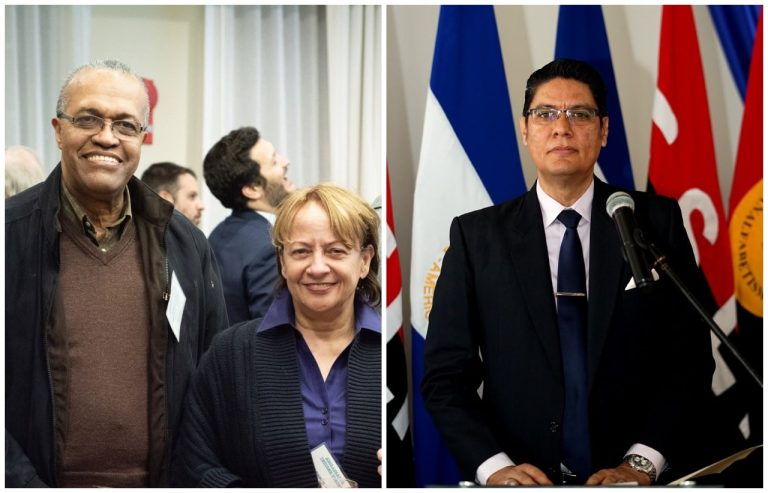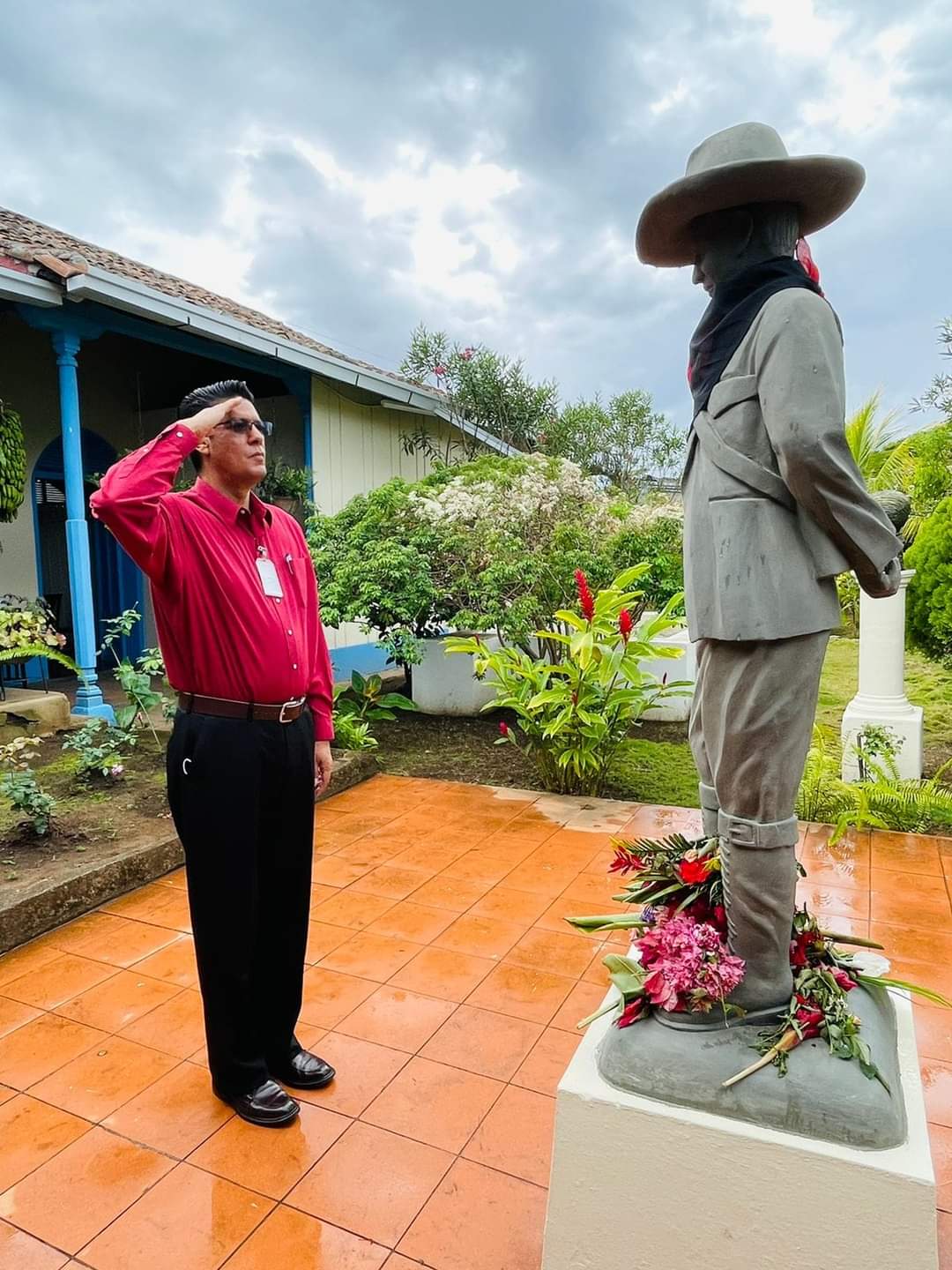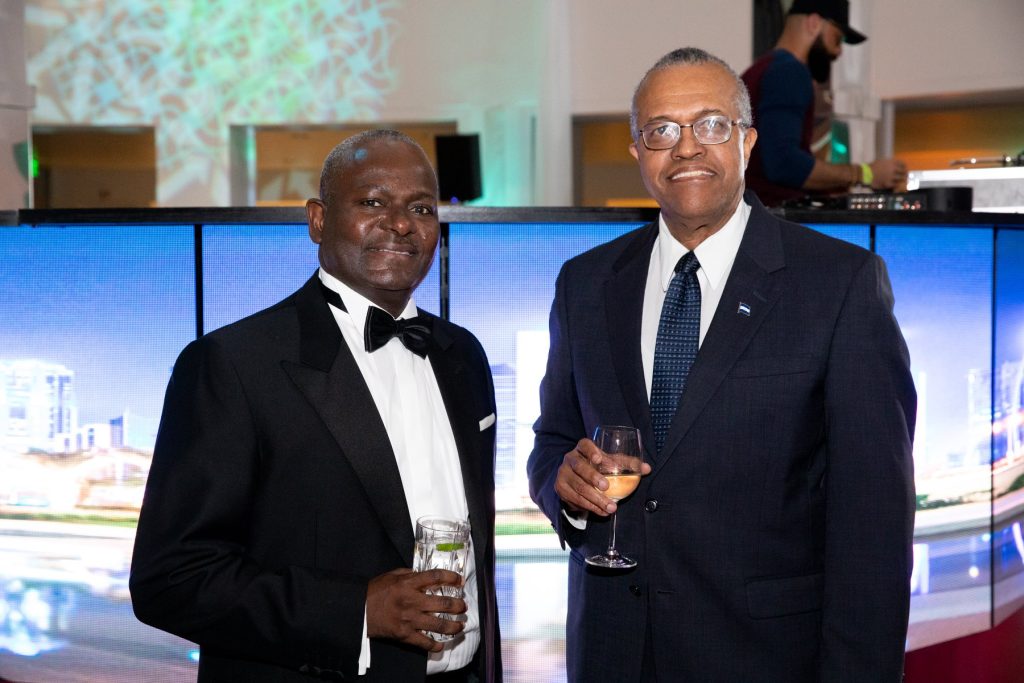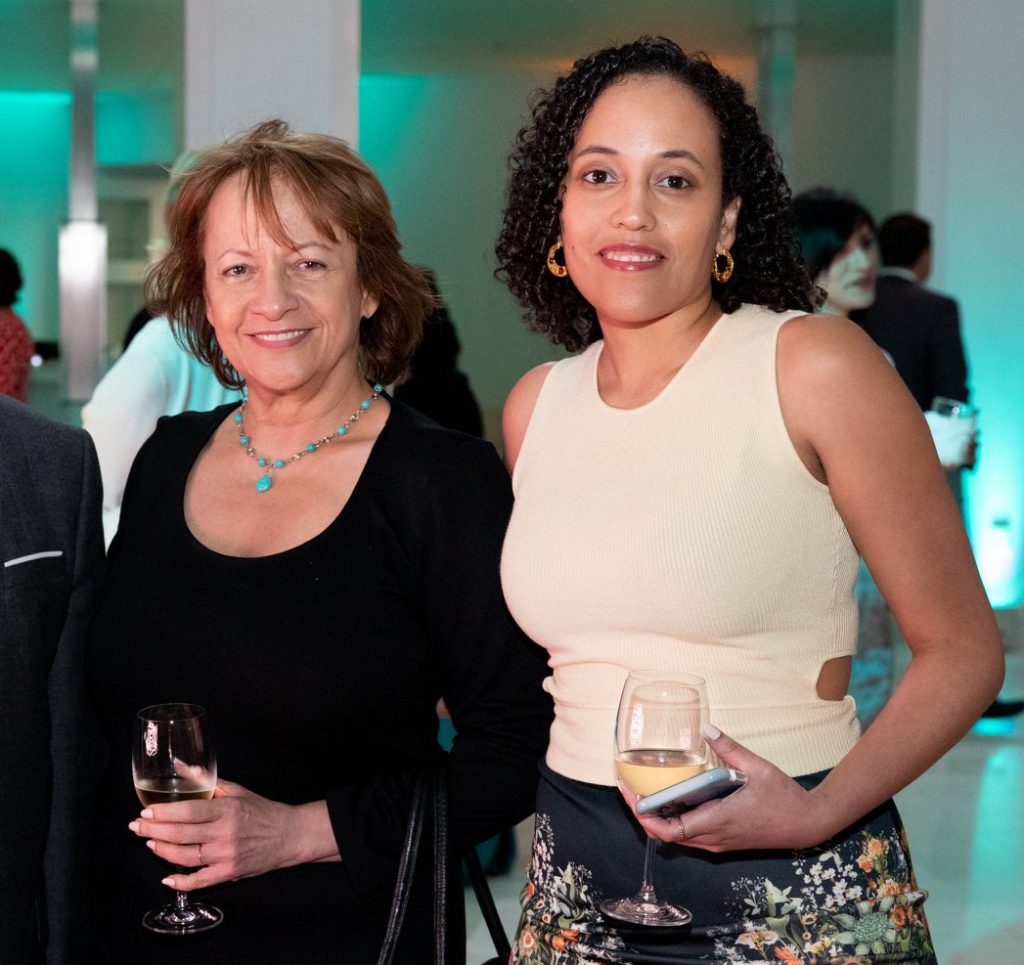5 de marzo 2024

European Concern over Lack of Academic Freedom in Nicaragua

PUBLICIDAD 1M
PUBLICIDAD 4D
PUBLICIDAD 5D
Minister Counselor Harold Delgado only lasted 23 days in office. “Retired” Francisco Campbell is still at the embassy, according to a former official.

Left: Francisco Campbell and his wife Miriam Hooker. Right: Harold Deglado // Photos: Courtesy
For the first time in 15 years, the Nicaraguan embassy in the United States has no official diplomatic representative. Almost a month after the retirement of the eternal ambassador Francisco Campbell, the dictatorship of Daniel Ortega and Rosario Murillo has not appointed his replacement. Their “plan B” did not last, because the “minister counselor with consular functions,” Harold Delgado, was removed from his post on Friday, March 1, only 23 days after his appointment.
Given the situation, Campbell would extend his retirement, according to the former Nicaraguan ambassador to the Organization of American States (OAS), Arturo McFields, and experts in international relations. However, it is not known under what figure and under what conditions he would do so, and the dictatorship is silent on the matter.
“Even in the most difficult times, (Ortega and Murillo) had never been officially left without an ambassador” in the United States, recalls McFields, after assuring that “this embassy was not led by the Foreign Ministry, but directly from El Carmen,” the residence and office of the presidential couple.
Harold Delgado “did not pass” the probation period

The short-lived passage of Harold Delgado by the Nicaraguan Embassy in the United States is – according to McFields– because “he did not pass” the probationary or training period that is customary, and which is supervised by the outgoing diplomat, in this case, Francisco Campbell.
“Generally, the minister-counselor is left in place while the new ambassador arrives. But the fact that he was removed and the embassy was left vacant, indicates that there was no confidence at all to keep him at this embassy,” he says.
Delgado, in addition, has a limited diplomatic track record. His career in the Foreign Service began in May 2023, when he was appointed as minister counselor with consular functions of the Nicaraguan embassy in the Dominican Republic, and a month later he was promoted to ambassador of the same headquarters.
In Nicaragua, he graduated as a lawyer and notary public, although he is best known for being a host of the television program “Liga del Saber” (League of Knowledge), which is broadcast on the dictatorship's channels.
In addition, he served as cultural director of the Ministry of Education (Mined). While he held that position, teachers denounced that in 2019, he threatened to fire educators who did not defend the “achievements” of the Sandinista Front.
According to McFields, assigning him to the US embassy “was too much pressure and demand from the dictatorship.”
However, an expert in international relations, who asked not to be named, disagreed with McFields and highlighted that Delgado's lack of experience was already known. The specialist rather points to the “lack of organization” of the dictatorship regarding the appointments and dismissals of diplomats.
“It is difficult to understand this dynamic of the Nicaraguan government, but it is easy to see the image of disorder and dysfunctionality it projects abroad before the governments of the world and before the Nicaraguans who live abroad and contribute 30% of the annual GDP in remittances,” considers the specialist with years of experience in Washington, regarding the United States, the main destination of Nicaraguan migrants.
Francisco Campbell remains at the Nicaraguan Embassy

Despite the announcement of Campbell's retirement, the now-former ambassador is still at the Nicaraguan Embassy in the United States, according to McFields, who does not rule out that he will extend his departure until they find a trusted replacement.
“Until last week, (Campbell) was present at a special event, which was held at the embassy, and in which he took the floor as ambassador,” says the former Nicaraguan representative to the OAS, who was banished by the dictatorship in February 2023, after in March 2022 he rebelled against and denounced the violation of human rights in Nicaragua.
According to McFields, Campbell “has been asked to give an extension to this retirement. Especially since they haven't been able to find an ambassador and probably won't be able to find one shortly.
However, Campbell is not just any ambassador either, as he headed the longest-serving family fiefdom in the diplomatic service of the Sandinista regime. His wife, Miriam Hooker, was appointed consul general of the embassy in Washington, and his daughter, Mabel Leilani Campbell Hooker, was assigned as Press and Cultural attaché of the same representation.
Campbell assumed the Nicaraguan Embassy in Washington in May 2010, after the dictatorship spent more than 14 months without an ambassador following the resignation of academic Arturo Cruz Sequeira in March 2009. Cruz was among those exiled in February 2023, after spending more than 20 months as a political prisoner of the dictatorship, for running as one of the opposition's presidential aspiring candidates.
At that time, the diplomatic representation was left, on an interim basis, in charge of Chargé d'Affaires Alcides Montiel, who was removed in 2018.
Miriam Hooker is also on her way out

The specialist in international relations who spoke to CONFIDENCIAL on condition of anonymity considers that together with Campbell, his wife Miriam Hooker, the consul general and number two of the embassy, and his daughter, who occupies the position of press officer, would also leave.
McFields assumes that Hooker's departure was already a given since Delgado's appointment as minister-counselor with consular duties. “That distinction is usually given to someone who has dual functions. Otherwise, he would only be minister-counselor,” he notes.
If so, Delgado's dismissal would affect the Nicaraguan consulate in Washington. It would also mean the de facto loss of another consulate in the United States, after the closing of the offices in California, Texas, and Louisiana.
“The consul was the minister counselor. So, that signature that is so necessary to release documents would not exist at this time,” says McFields, who details that in the United States, only the Miami and New York consulates would remain in real operation.
However, the dictatorship has not made the withdrawal of Miriam Hooker official by publishing it in the government newspaper La Gaceta.
A month without an ambassador and pending reciprocity
The absence of a representative in the United States limits communication between both countries since there are bilateral meetings that can only be attended by an ambassador.
The international relations expert added that “the lack of a capable and duly accredited diplomatic representative also hinders the representation of Nicaragua's interests, not only before the US Government but also before the diplomatic corps accredited in Washington, one of the great capitals of the world and seat of many multilateral organizations.”
He maintains that the appointment of Harold Delgado was a “lowering of representation” because he should have been replaced with someone of the same rank as Campbell.
For the specialist, the appointment of Delgado was “a diplomatic option” in the face of a possible refusal of the United States to a new Nicaraguan ambassador, considering that the dictatorship withdrew the approval of Hugo Rodriguez, as the new US ambassador in Managua.
“The appointment of a minister-counselor is usually less formal,” he explains, after considering that “it is foreseeable that the United States will deny the approval to any ambassador proposal made by Nicaragua, due to reciprocity.”
This article was published in Spanish in Confidencial and translated by our staff. To get the most relevant news from our English coverage delivered straight to your inbox, subscribe to The Dispatch.
PUBLICIDAD 3M
Confidencial es un diario digital nicaragüense, de formato multimedia, fundado por Carlos F. Chamorro en junio de 1996. Inició como un semanario impreso y hoy es un medio de referencia regional con información, análisis, entrevistas, perfiles, reportajes e investigaciones sobre Nicaragua, informando desde el exilio por la persecución política de la dictadura de Daniel Ortega y Rosario Murillo.
PUBLICIDAD 3D